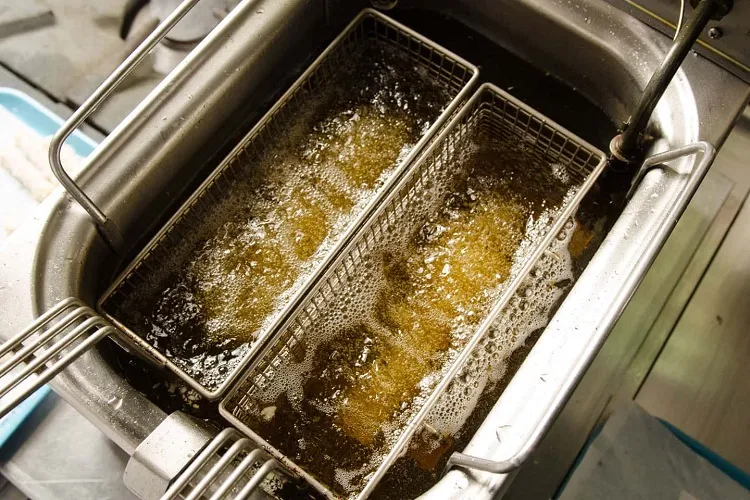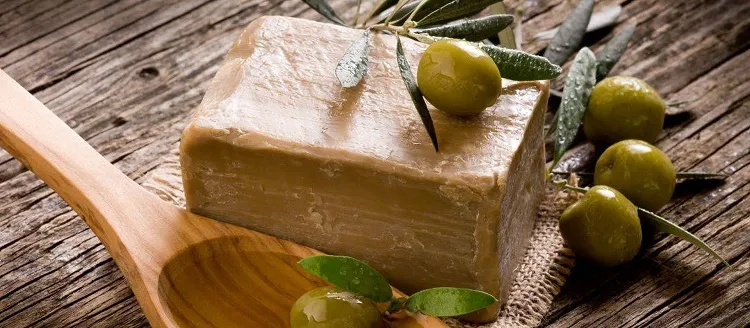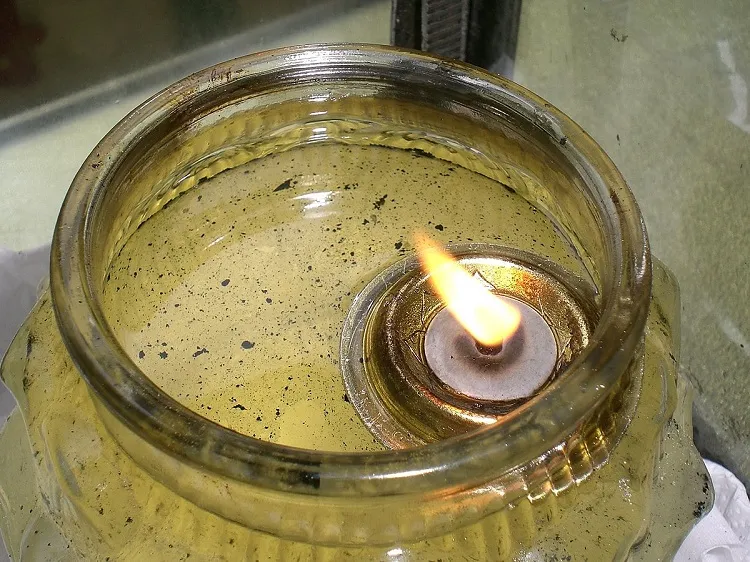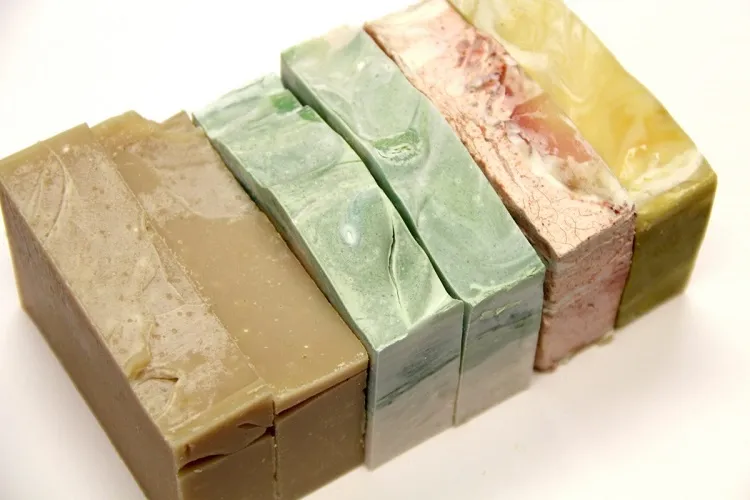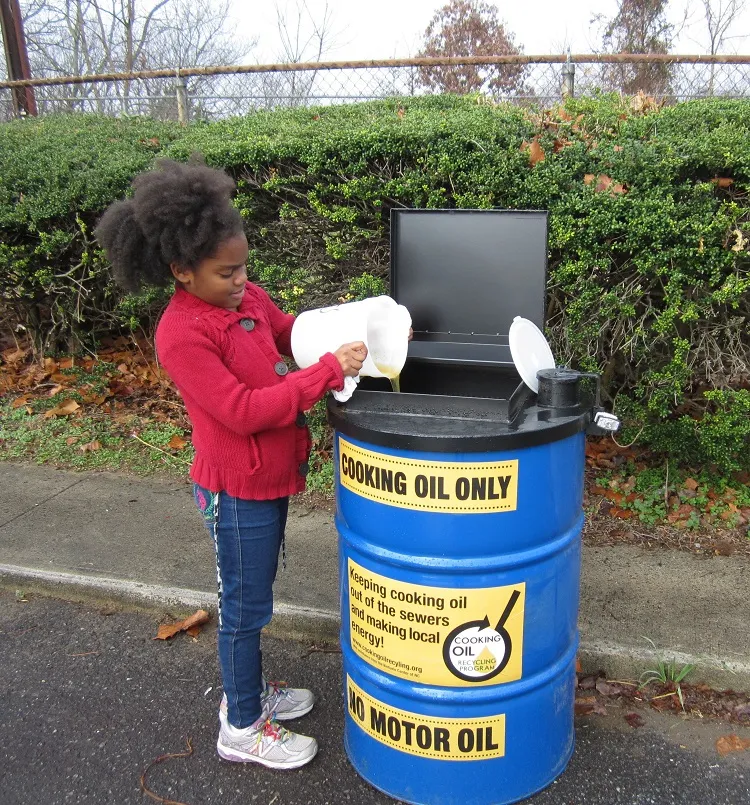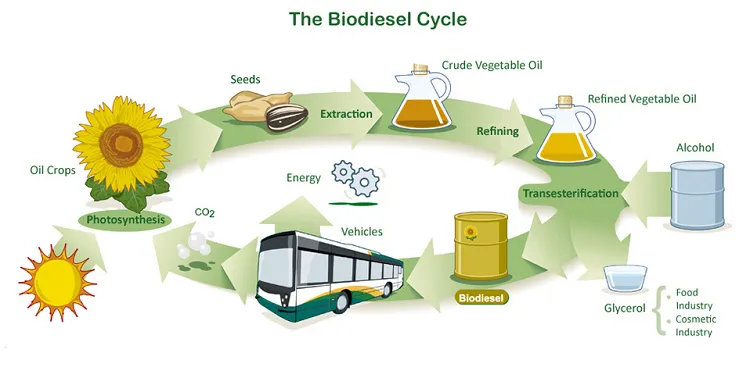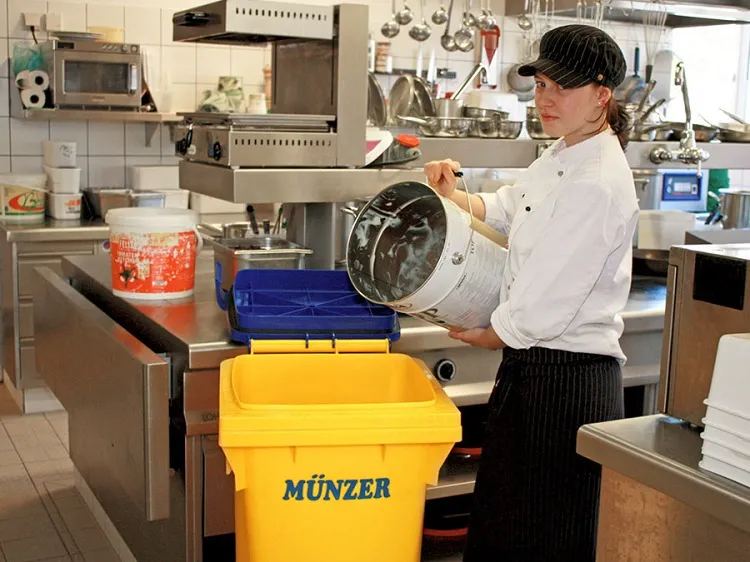How to profit from the old cooking oil, instead of discarding it? Pouring it down the drain can clog pipes and harm the environment while throwing it in the trash contributes to excess landfill waste. Therefore, repurposing old oil is a must, and it is not only budget-friendly for the family, but a small yet significant step in reducing waste on the Planet. But how to recycle used cooking oil most efficiently?
What Can You Do with Used Oil?
Before dealing with the recycling process, it’s important to understand the possible harm that improperly disposed cooking oil can cause. When poured down the drain, this liquid can harden and clog pipes, resulting in costly plumbing problems. Moreover, when cooking oil ends up in sewers and water treatment systems, it can adversely hurt aquatic ecosystems and water purity. Therefore, it’s vital to search for more responsible options to reuse and utilize it. The good news is there are a number of options for repurposing old oil with numerous benefits!
Can You Repurpose Used Cooking Oil?
Repurposing old cooking oil is an eco-friendly and cost-efficient approach to give it a second life. Here are some creative ideas for how to recycle used cooking oil:
- Reusing oil for lamps: Filtered and cleaned old cooking oil can be used as fuel oil in lamps. You can make oil lamps or lanterns for outdoor events, adding a rustic touch to your gatherings.
- Homemade mild soap: Old cooking oil can be the basic ingredient in preparing homemade soap. By combining it with lye and essential oils, you can create a natural, not harmful to the environment, soap that is mild for the skin and scented.
Read also: How to recycle soap scraps – Sustainable and eco-friendly ideas for recycling leftover soap
- Repurposed oil for cookware: Cast iron cookware needs routine maintenance on its non-stick surface. Rubbing used cooking oil onto your skillet or pan helps protect its quality and prevent rusting.
How to Recycle Used Cooking Oil and Give It a Second Life?
Giving a second life to your old oil is not only an environmentally liable choice but also promotes sustainable practices. Here’s the guide on how to recycle used cooking oil:
- Cool down, then strain: After you’ve finished frying, let the used cooking oil cool down to room temperature. When it’s already cool, strain it through a fine-mesh sieve or cheesecloth to take away any food particles or debris. This step is needed to prevent from forming possible clogs while recycling it.
- Store in a sealed container: Pour the strained oil into a clean, airtight container. It’s best to use one that you can seal tightly to prevent spills and keep the oil fresh until you’re going to repurpose it.
- Search for a recycling service: Some communities and recycling centers offer old cooking oil utilizing services. Check with your local waste management facility, recycling center, or even some grocery stores to see if they treat used cooking oil.
- Drop-off or arrange pickup: Depending on the recycling service’s rules, you may need to leave your used cooking oil at a designated location. Some municipalities even organize special events for collecting old cooking oil.
Read also: Recycled countertops – eco friendly kitchen countertops ideas
What Is Used Cooking Oil Recycled For?
Recycled cooking oil has a wide range of useful applications, being beneficial for both environmental conservation and many industries. Here are some general uses for this valuable recycled substance:
- Biodiesel production: One of the primary uses of recycled cooking oil is the production of biodiesel. This fuel is an environmentally friendly alternative to ordinary fossil fuels, and it is suitable for powering diesel engines in vehicles and equipment.
- Animal feed: Recycled cooking oil can be processed and added as an ingredient in animal feed. It serves as a source of energy and nutritious elements for livestock, reducing the need for adding other food ingredients.
- Industrial production: Used cooking oil can be a valuable ingredient in the manufacturing of products like lubricants, paints, and detergents. Its versatility makes it a desirable component in various industries.
- Sustainable energy source: Some facilities use recycled cooking oil to generate heat and energy for their operations. This sustainable energy source reduces the environmental impact of industrial processes.
- Enriched compost: In certain composting systems, small amounts of used cooking oil can be incorporated to enrich the compost with beneficial fats and nutrients.
By repurposing household used oil, you not only prevent plumbing problems at home, and environmental harm but also contribute to the development of cleaner and more sustainable energy sources. So, the next time you find yourself with an amount of used cooking oil, remember the importance of responsible disposal and consider the knowledge for eco-friendly options to give it a second life.
Read also: Improve Garden Soil with Green Manure? Embrace This Eco-Friendly Way to Enhance Your Plants!

